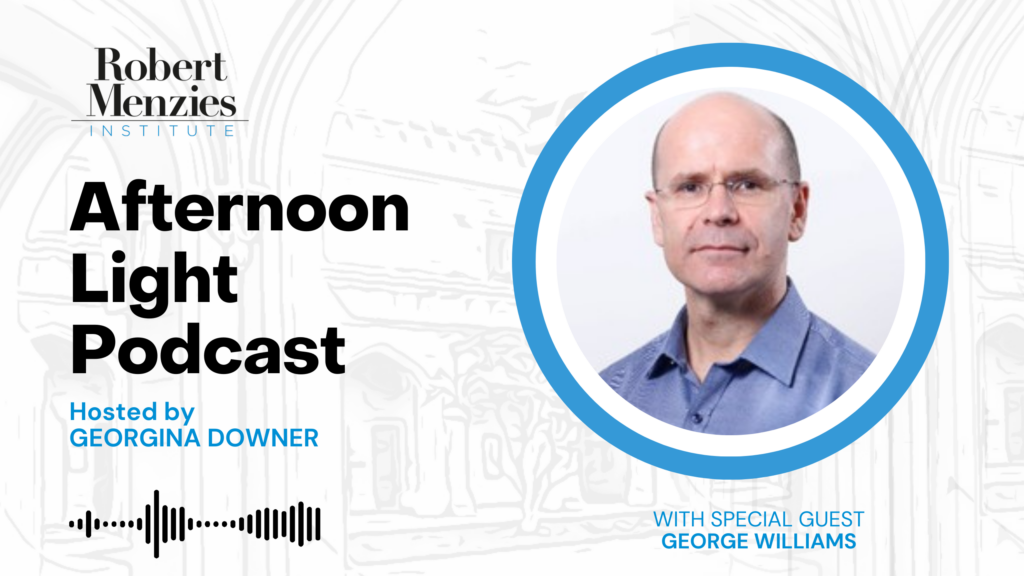George Williams: ‘More Important Than A Half Dozen General Elections?’, The Communist Referendum
Seventy years ago Australians were asked to give the Federal Government sweeping powers to ban communists and legislate on them, and by the narrowest of margins they voted ‘no’. It was not a question the Menzies Government asked lightly. They felt strongly that there was a very real threat of a third world war in which communists would be a potential fifth column infiltrating and undermining Australia. Communist members were known to have taken key positions in the trade unions, and there was no telling where else they might be holding positions of influence. But in combating this threat Menzies was left with a conundrum, how to fight the enemies of democracy without undermining the principles of democracy. For many, his ban on the Communist Party failed to resolve this dilemma, reversing the onus of proof and giving the government powers of ‘declaration’ in a manner reminiscent of a totalitarian state.
Opinion polls suggested that 80% of Australians supported banning the communists. Earlier the same year the Menzies Government had won control of both Houses of Parliament by fighting an election claiming that their Labor opponents, who had reluctantly acceded to the ban before it was overturned by the High Court, were soft on the communist issue. Yet, motivated by principle or perhaps even an innate conservatism about the Constitution, the referendum campaign convinced just enough people to cast their ballots for ‘no’. The consequences would be far reaching. For some, the result was a defining moment in Australian political history, saving our democracy from an intolerable compromise of its tenets, and serving as Dr H.V. Evatt’s greatest triumph. Yet, the result would plant the seeds for the destruction of Evatt’s party and his political career. Ironically, perhaps the greatest beneficiary was Menzies, who got to keep the communist issue alive and who was saved from a blight on their legacy of liberalism.
Joining us this week is Scientia Professor George Williams AO. Professor Williams is the Deputy Vice-Chancellor at UNSW. He has served as Dean of UNSW Law and held an Australian Research Council Laureate Fellowship and visiting positions at Osgoode Hall Law School in Toronto, Columbia University Law School in New York, and Durham University and University College London in the United Kingdom. He has written and edited 37 books, including Australian Constitutional Law and Theory, The Oxford Companion to the High Court of Australia and Human Rights under the Australian Constitution.
Sign up to our newsletter
Sign up for our monthly newsletter to hear the latest news and receive information about upcoming events.


